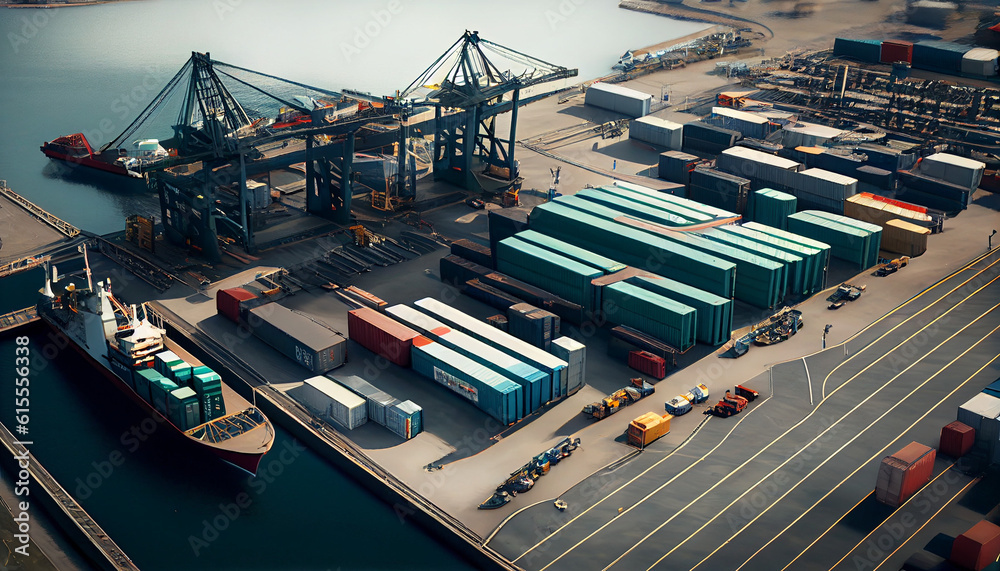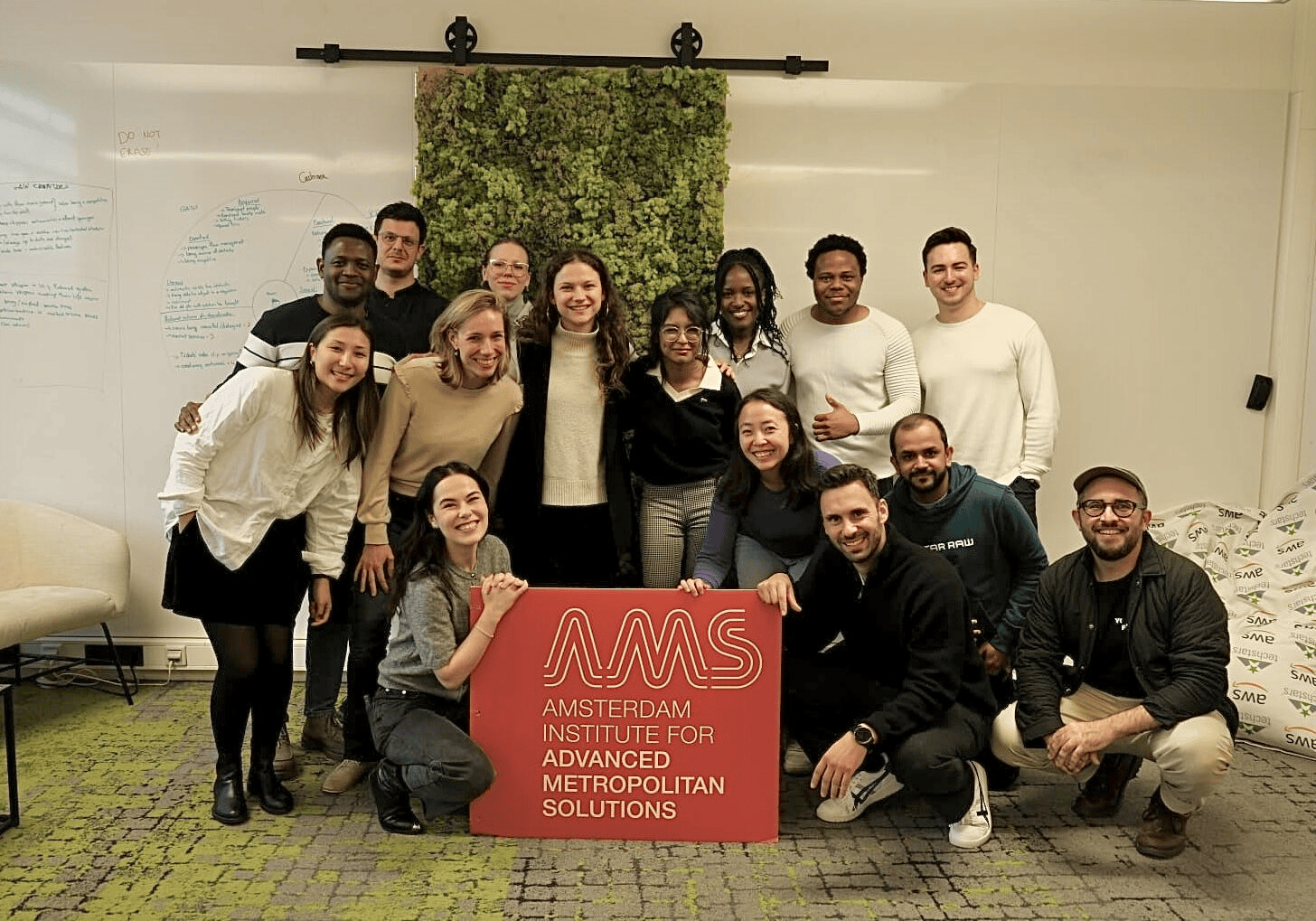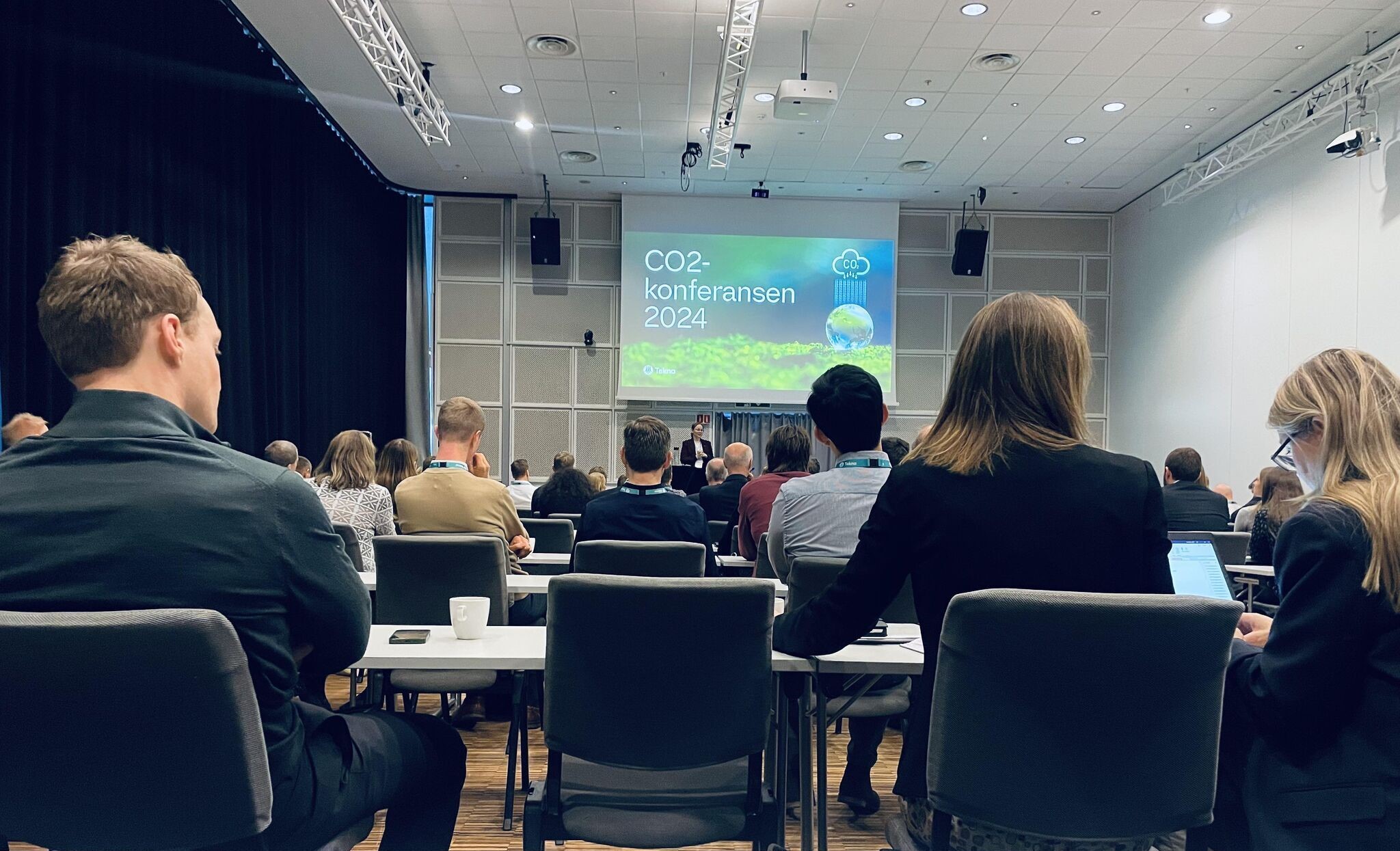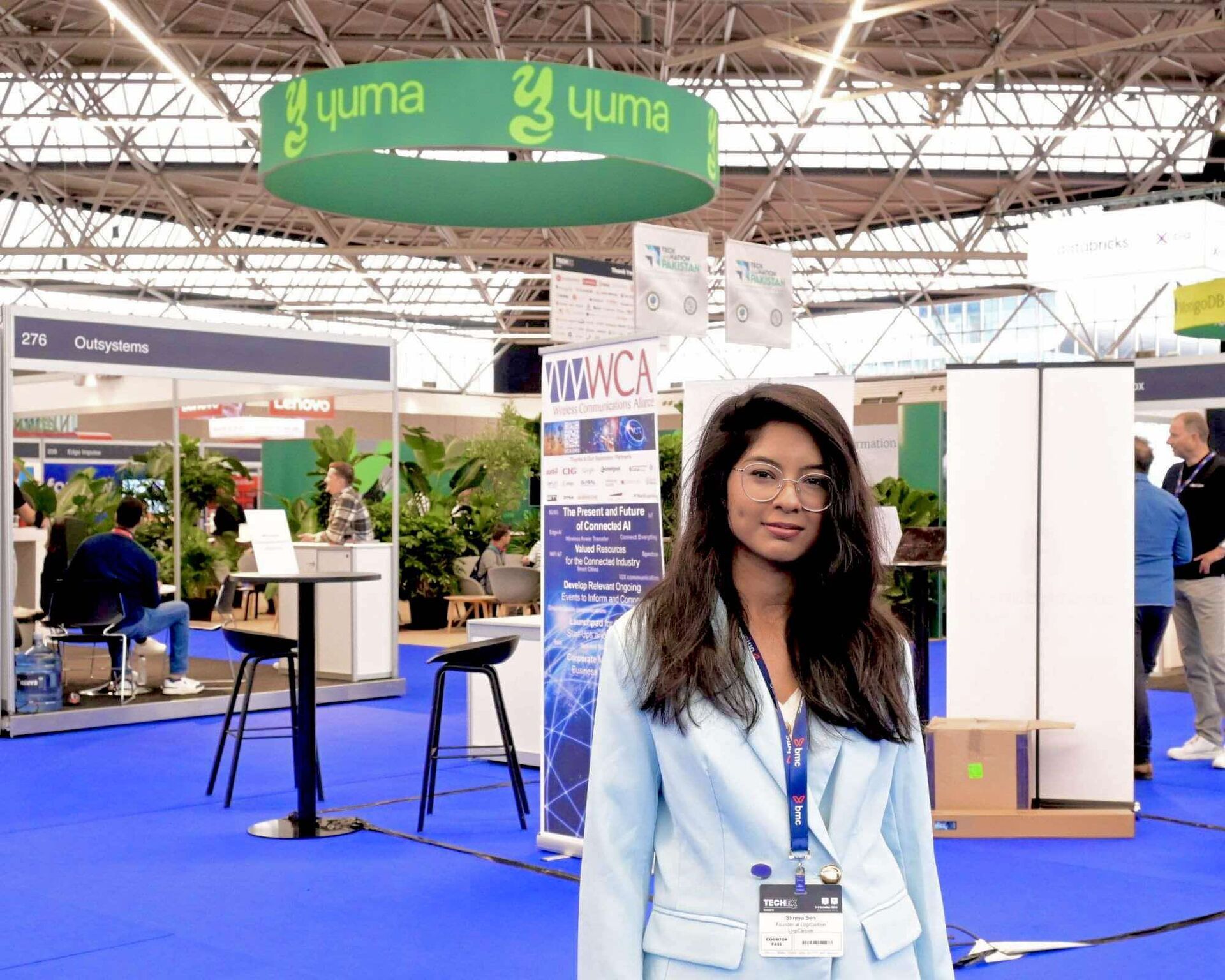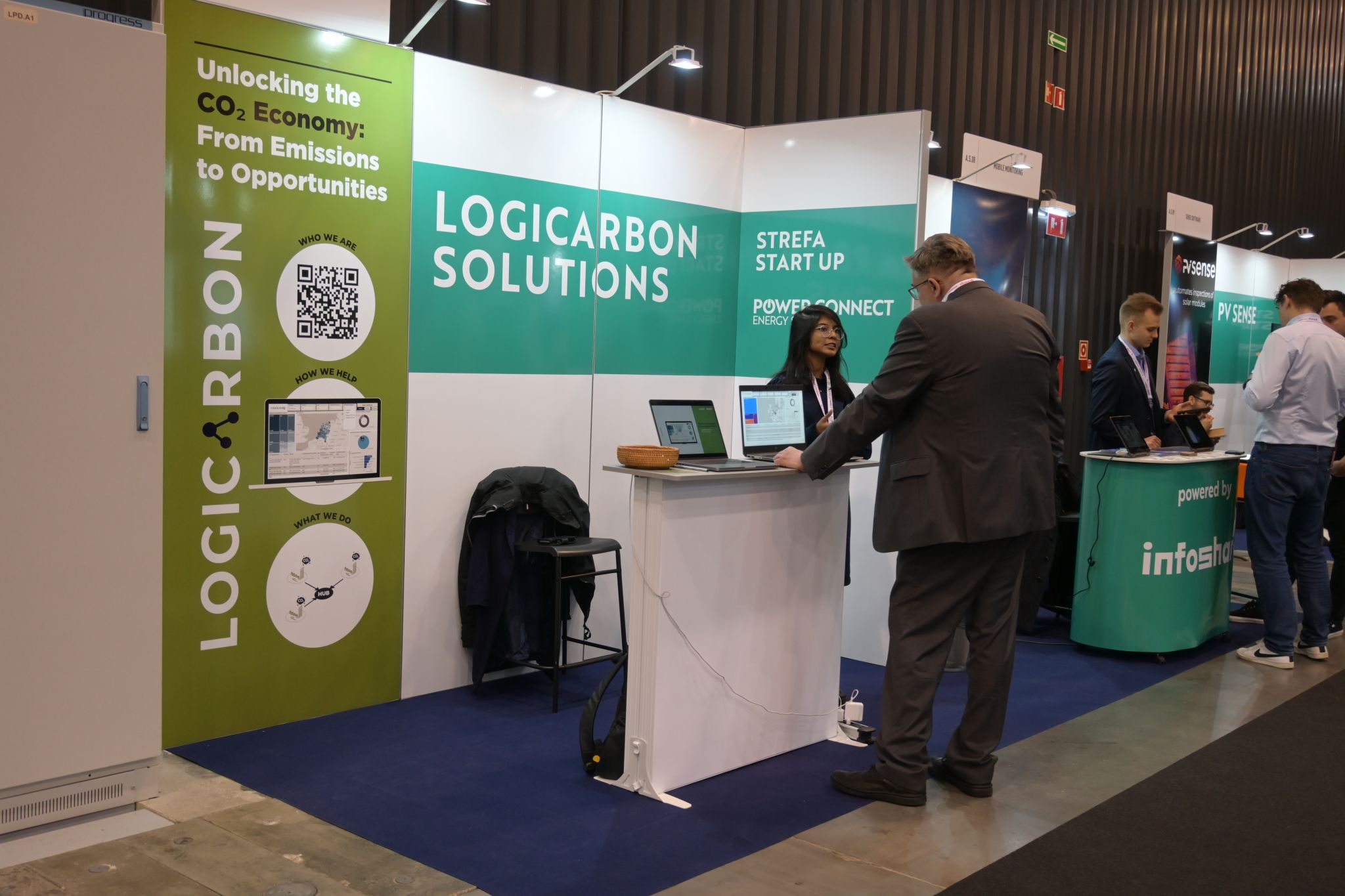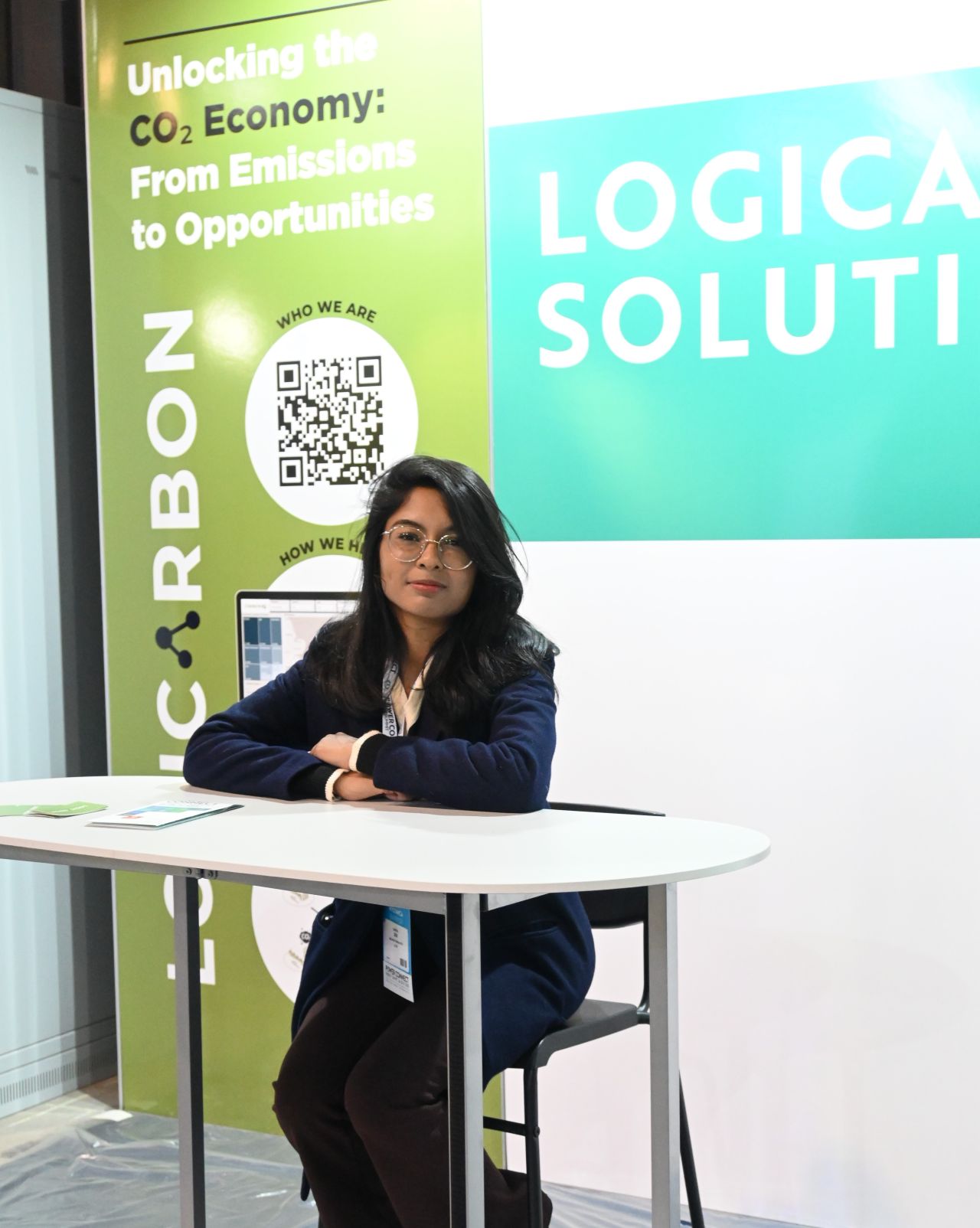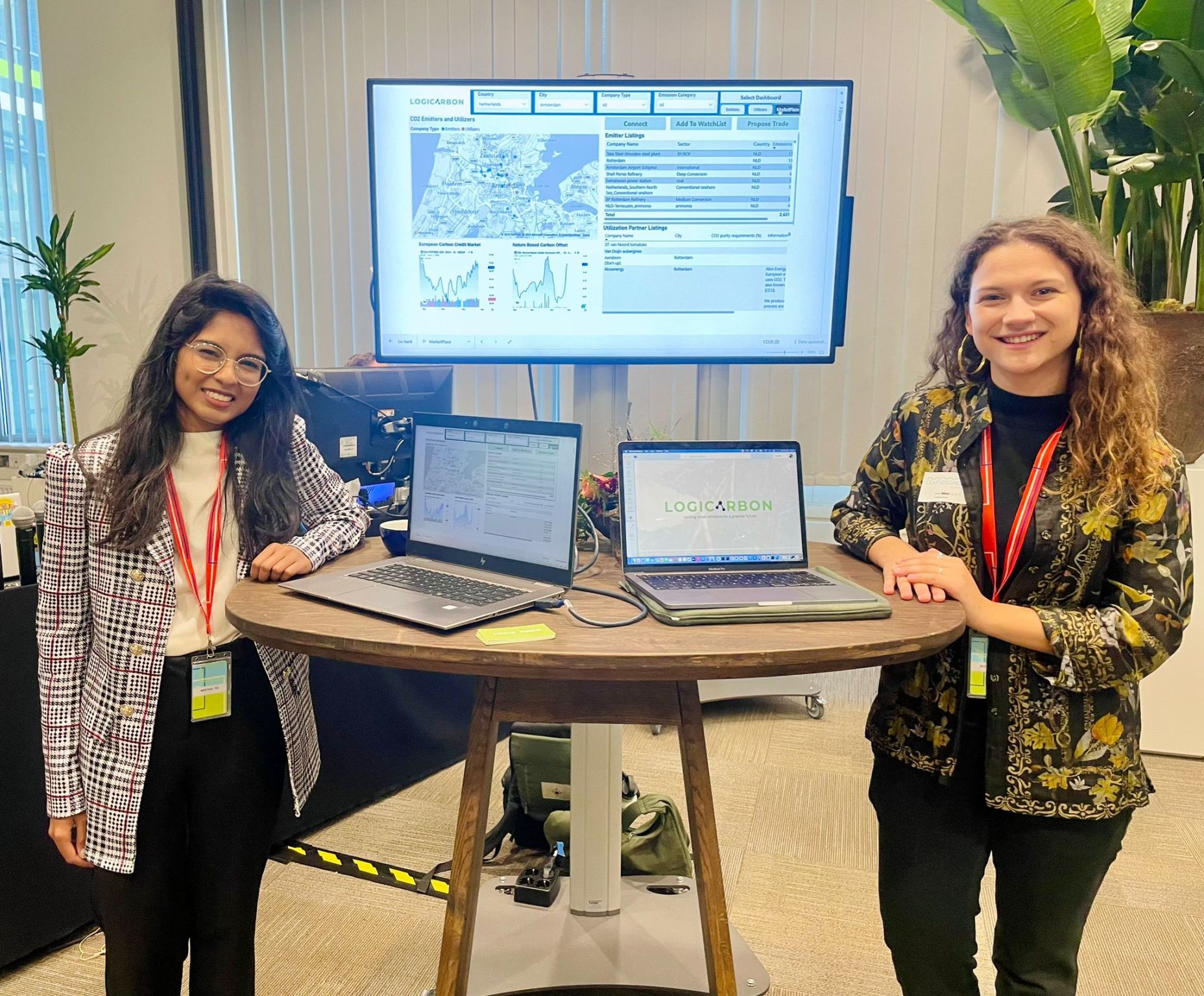Day two of the Tekna CO2 Conference offered profound insights into the strategies and challenges shaping the future of Carbon Capture and Storage (CCS), steering us towards a collective journey into a sustainable, low-carbon future.
A standout notion was the conceptualization of CCS as a service, highlighting its transformative role in addressing industrial emissions. The imperative to decarbonize industrial clusters emphasized the critical need for robust regulatory frameworks. The creation of economies of scale within these clusters, facilitated by geographical and organizational proximity, coupled with shared infrastructure, emerged as a cost-effective and impactful strategy. The theme of industrial symbiosis within clusters underscored the interconnectedness of industries for comprehensive decarbonization.
Prioritizing effective management of multiple actors in the CCS landscape, the discussions emphasized aligning strategies at both company and cluster levels. The term “Climate-positive” emerged as a guiding principle for long-term strategic planning, emphasizing the need for the entire CCS chain to contribute less CO2 than it captures from the air.
Exploration of diverse capture technologies underscored the importance of aligning industries with the most suitable technology. Emphasizing a resilient transport chain in the commercial transport and storage infrastructure of CCS, the discussions highlighted the synergies between electrification and CCS. Proximity to CO2 clusters and integration with existing transport infrastructure, including rail, barge, and ship traffic, were identified as pivotal factors for success.
Acknowledging challenges such as CO2 mixing and impurities, a call for legislative standards emerged to facilitate widescale adoption and upscaling of CCS. The day concluded with a resounding call for industry cooperation and standardization as key to unlocking the full potential of Carbon Capture and Storage.


